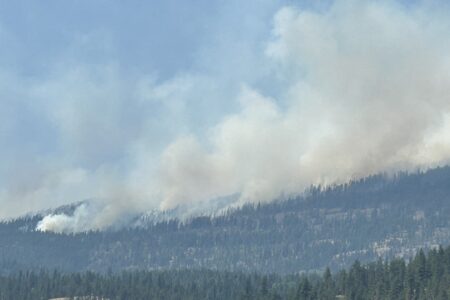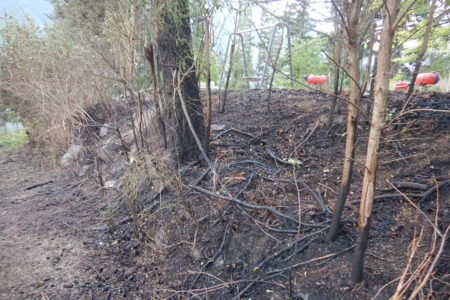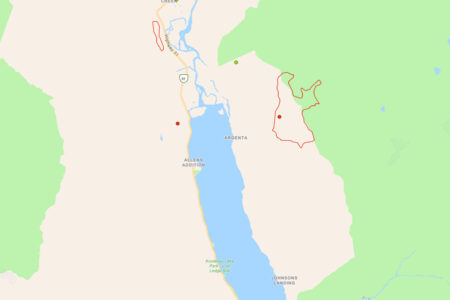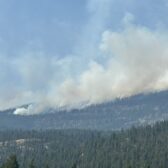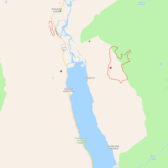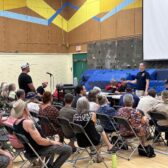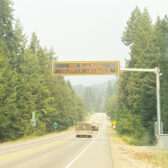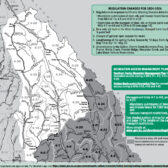River Talk — Cornering the Federal Government on Truth, Reconciliation and Columbia River Treaty
Recently, B.C. Supreme Court Justice Sewell affirmed a spring 2017 lower court decision that a Sinixt man living in Washington State has an aboriginal right to hunt in British Columbia. According to the original finding, Richard Desautel possesses this right by virtue of his unbroken ancestral connection to the mountains, rivers and lakes of this region.
The need for judicial confirmation of these aboriginal rights calls into question once again the misguided policies of the provincial and federal governments with regards to the Sinixt. Canada’s national conversation on Truth and Reconciliation focuses on the impact of residential schools, at times overlooking the multiplicity of harms toward indigenous people that continue to this day. I am ever amazed that the federal and provincial governments place legal and administrative effort on denying the rights of the Sinixt, rather than simply recognize the wrong, apologize for it and re-draw the map of First Nations in British Columbia.
Though I should not necessarily be so amazed. Sinixt traditional territory also happens to be the home of the fourth-largest river by volume in North America, the Columbia. The uppermost portion of the river flowing through Sinixt territory provides up to 50% of water volume for the entire, international watershed. The river that once hosted sturgeon-nosed canoes and fisheries is now abundant with water that makes billions of dollars of hydro-power in Canada, then flows south to make more power and more profit in the United States.
Recently, the U.S. State Department announced its intention to begin re-negotiation of the 1964 Columbia River Treaty (CRT). In Canada, the official consultation with indigenous people that has preceded this diplomatic process has not included the “extinct” Sinixt. The provincial government had no duty to consult them, because they did not have official status. For the provincial and federal governments to restore Sinixt rights and re-draw the map, they will have to face a cascading series of omissions that have been going on for decades, the greatest of which may be this lack of CRT consultation.
It’s no wonder that for truth and reconciliation, we have to depend on the judiciary, and on our local regional district government, which wins the 2017 political prize for Clear-eyed Leadership and Courage.
In November, 2017, 19 out of 20 rural directors refused to rubber-stamp a federal decision to hand over land in Sinixt traditional territory to the Westbank First Nation based in Kelowna. Instead, they voted to send the Department of Indian Affairs a letter urging them to restore the rights of the Sinixt people. It seemed then that the federal government was being cornered by the workings of our local democracy.
Paul Peterson, the regional director who brought forward the motion ask the federal government to restore Sinixt rights, explained at the meeting that federal officials told him it didn’t matter what the local government thought. The deal to grant land to a neighbouring tribe, despite the land’s association with the “extinct” tribe, would go through.
These rural representatives and the judiciary understand something that eludes the federal government of Canada. The land and its First People have their own integrity. The era of profound disconnected from the tribal history, culture and context of this land is coming to an end.
If I have a hope for 2018, it is that Canada’s federal and provincial governments stop denying, obfuscating and dragging indigenous people to court, and instead begin to graciously reconcile the truth. Of course the process won’t be easy. Apologizing never is. Sometimes, however, it’s the right thing to do.
Eileen Delehanty Pearkes (edpearkes.com) is an independent writer and researcher living in Nelson, B.C. She is the author of a history of the Sinixt, The Geography of Memory, and of the Columbia River Treaty, A River Captured.




